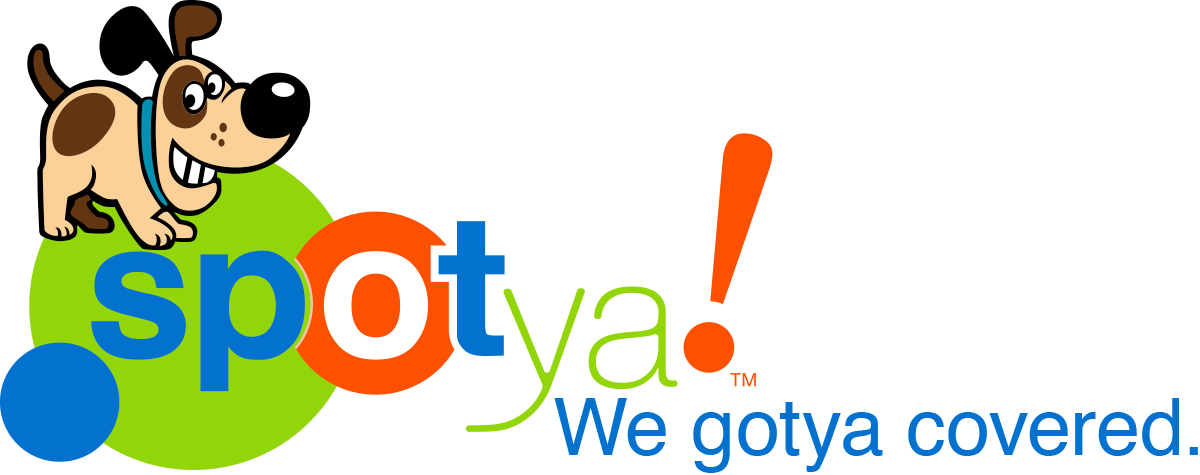Have you thought about teaching your child about where to get a cash advance online? Will they learn a lesson on juggling debt? Household debt across the nation has many families struggling to get by. What are the children learning growing up in households where expenses are larger than income? In order to prevent cash advances from being your child’s future friend, lesson about frugality or at least living within one’s means need to be taught before they go off to college.
Most school systems do not teach a class on how to manage money, create a budget and build for your future. Once the student heads off to college and living out of the home they will be expected to know how to make money matter work.
Cash Advances are designed to be used for emergency purposes.
Children need to understand credit. What does it mean to go shopping and use a plastic card to pay? Toy registers now come with credit card scanners. The children know it is money, but will not understand the problems which will occur come bill time. How do parents teach children about money when all they see is plastic? Lessons for plastic money will need to be prepared.
- What is credit and how do you manage it? This is a good place to start with a child. They need to understand that plastic money does not belong to us, but that we have to pay a company to use it. It costs money to use money. It is a concept which needs to be explained. Interest is a fee which a debtor pays for spending. Let them know that there are consequences for not following the rules. They will understand this message from attending school. Rewards and consequences through creditors. All credit should be regulated by how much income is brought home. What happens when you spend more and what can happen if you spend less? This is a great opportunity to talk about savings accounts.
- Your child needs to understand the good side to credit. Why is it important to have and what things have to have it? If you own a home or car, these are great to use for a lesson on why good credit is important to have.
- Talk about credit scores. Who uses them and what do we do as adults to make or break them. Talk about how easy it is to lower your score, but will take lots of work to increase it. They will relate as report card grades work in a similar fashion. Fail one test and a good grade can drop fast. The child may have to work extra hard the rest of the quarter to just bring the grade up a few points. Credit is a lesson which can be taught at a young age if you learn to relate it to something they know.
- Teach your child what makes up credit scores. They will understand scores, so you will need to let them know the subjects being graded. Take the time to explain all five areas.
- Payment history – Payments have due dates and it is up to you to make sure you are not late.
- The balance – Every time the card is swiped, that cost is added to the balance.
- Length of history – Doing it right over a long period of time.
- Getting new credit – Adding more credit into the mix can be good or bad depending on why.
- Different types of credit- Some payments are installments loans (same amount over a long time) while others will change depending on spending and payments made towards the balance.
Making the time to teach them young will help them learn to manage allowance or small job money. They will learn from watching you run the household. Be age appropriate for the best understanding. There is no need to talk behind closed doors as it is a great life lesson to teach them. As parents, we don’t want to set our kids up to be overrun in debt or having to lean on cash advances online to make it through the month. Teach them money management skills which will last a lifetime.











